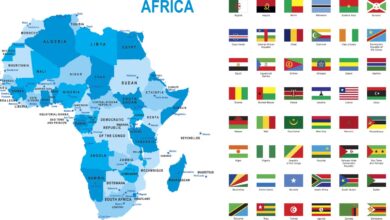Over 100,000 police protect private, rich Nigerians, says EU report

By Samuel Ogunsona
Over 100,000 police are deployed to guard rich and influential Nigerians whose population is far less than 0.001 percent of the entire population.
A new report by the European Union Agency for Asylum released and made available to Irohinoodua highlighted a huge disparity in Nigeria’s policing.
Over 100,000 of the over 371,800 officers are deployed to protect politicians and VIPs, leaving just 271,800 police to protect over 200 million Nigerians.
This means that more than half of police men and women working on citizen protection were deployed to private individuals.
The beneficiaries include State Governors, House of Assembly members, Local Government officials, rich individuals, heads of corporate organisations and their families.
The report underlines the problem with insecurity in Nigeria and how vulnerable the ordinary citizens are.
The report notes that Nigeria’s police force is woefully understaffed, with a significant portion of personnel diverted from community policing and crime prevention to VIP protection.
This has resulted in inadequate security coverage for the general population.
According to the report, the Nigeria Police Force has an estimated strength of 371,800 officers serving a population of approximately 236.7 million people.
The report states that the country’s policing deficits are exacerbated by the allocation of a substantial number of officers to VIP protection, rather than tasks that serve the broader population.
“The resulting shortage in police personnel was compounded by the fact that more than 100,000 police officers were assigned to the protection of politicians and VIPs, rather than to tasks serving the general population,” the report reads.
The EU agency further notes that manpower shortages, corruption, and limited resources have led to slow emergency response times and left many communities without adequate police presence.
“This shortage in manpower, as well as corruption and insufficient resources, has resulted in delayed responses to crimes and numerous communities being left without protection,” the report concludes.





